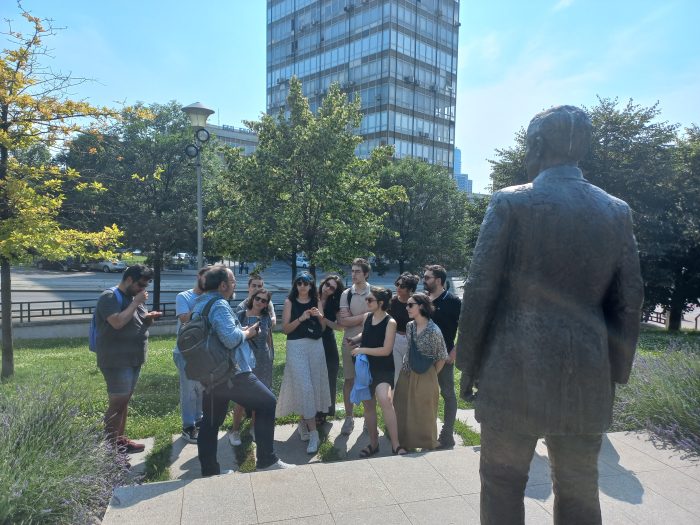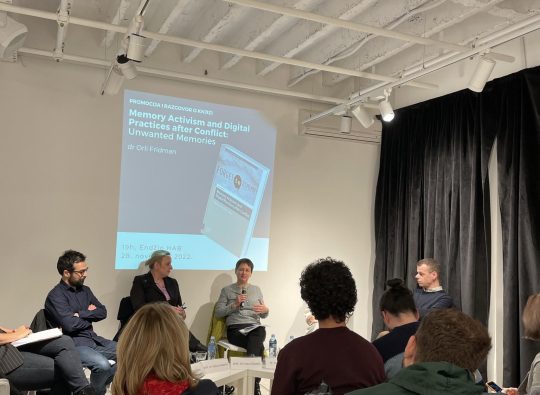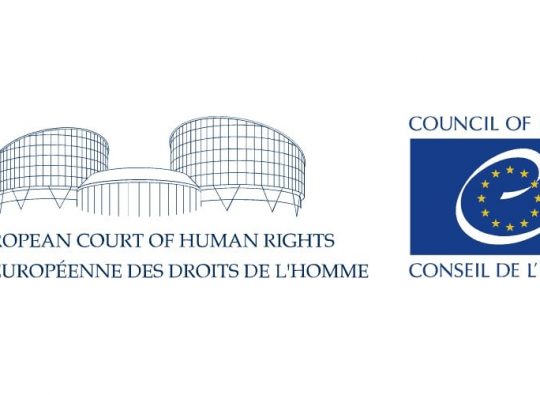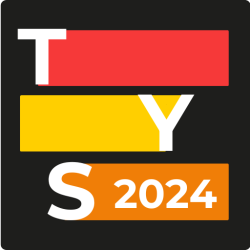On the first day, participants had an introduction session with the two historians, Olga Manojlović Pintar (Serbia) and Noémi Levy-Aksu (Turkey), about state politics of memory in both contexts and explaining some indicative cases related to the memorialization process. The populist stance adopted by current governments has increasingly used collective memory and history to control opinion and gain public support. Yet, in Turkey and the ex-Yugoslavia countries, civil society initiatives, critical scholars, and engaged artistic production have also shed new light on past conflicts, rights violations, and memorialization processes, thus challenging nationalist discourses and policies.
The workshop’s objectives were to expand our knowledge about remembrance policies and challenges to memorialization in the European Union, Turkey, and the former Yugoslavia countries. That’s why we took two memory walks during the workshop at Belgrade. On the first day, with Nikola Radić from the Center for Holocaust Research and Education, participants had a chance to visit and discuss in detail the social use and misuse of a few monuments in Belgrade: one dedicated to Gavrilo Princip, another to Stefan Nemanja and two monuments dedicated to the Staro Sajmište camp.

On the second day, Orli Fridman gives a lecture to participants about the appearance and growth of memory activism in Serbia amid the legacies of unwanted memories of the wars of the 1990s, approaching the post-Yugoslav region as a region of memory and tracing the alternative calendars and alternative commemorative practices of memory activists as they have evolved over more than two decades.
After a discussion with Orli Fridman, participants from Turkey presented a project called “Memorialize Tukrey.” They also introduced the work of the Saturday Mothers group, which gathers every Saturday at noon for half an hour at Galatasaray, Istanbul, Turkey, initially to ask for clarification about their missing relatives. Mainly composed of mothers of victims and renowned as a model of civil disobedience, they combine silent sit-ins with a communal vigil as their method of protest against the forced disappearances and political murders in Turkey during the military coup era of the 1980s and the era of the 1990s. On August 25, 2018, Turkish authorities announced that the governorship had banned the gathering event indefinitely. Following the announcement, in their 700th peaceful protest, Saturday Mothers were faced with police violence, and several participants were detained. In November 2020, a prosecutor demanded up to three years imprisonment for protestors for attempting to have an “illegal meeting.”
After the presentation of the project by participants from Turkey, there was an activity that aimed to generate mutual reflection about memory initiatives in both countries driven by the members of the organizations. This activity allowed, on the one hand, the understanding of different memorialization projects in both countries and, on the other, a fruitful discussion about how to promote those initiatives among state institutions and youth, especially taking advantage of social media.
Jelena Jovanovic, a researcher from Humanitarian Law Center from Belgrade (HLC), presented to the participants memory-related digital monuments that HLC has done in the last couple of years, such as the Kosovo Memory Book, Batajnica Memorial Initiative and the Voice of Victims website. At the end of the workshop, the participants had a public talk with Marko Milosavljevic from YIHR Serbia about secret mass graves in Serbia. The public discussion was held before the entrance to the training center of the Special Anti-Terrorist Unit of the Serbian Police, where the remains of 744 Albanian victims were found.
Hafıza Merkezi’s work aims to create an enabling environment for initiatives addressing past and innovatively present human rights violations. Since 2020, Hafiza Merkezi has broadened its audience and reached young people as a priority target group particularly affected by governmental attacks against academic freedom, economic uncertainties, and the shrinking of the civic space in Turkey.
The workshop is part of the “Memory and Youth” program, created in 2021, focusing on memorialization processes in 2022. The workshop is supported by Olaf Palme International Center and from EU Technical Assistance to Civil Society Organisations in the Western Balkans and Turkey.











